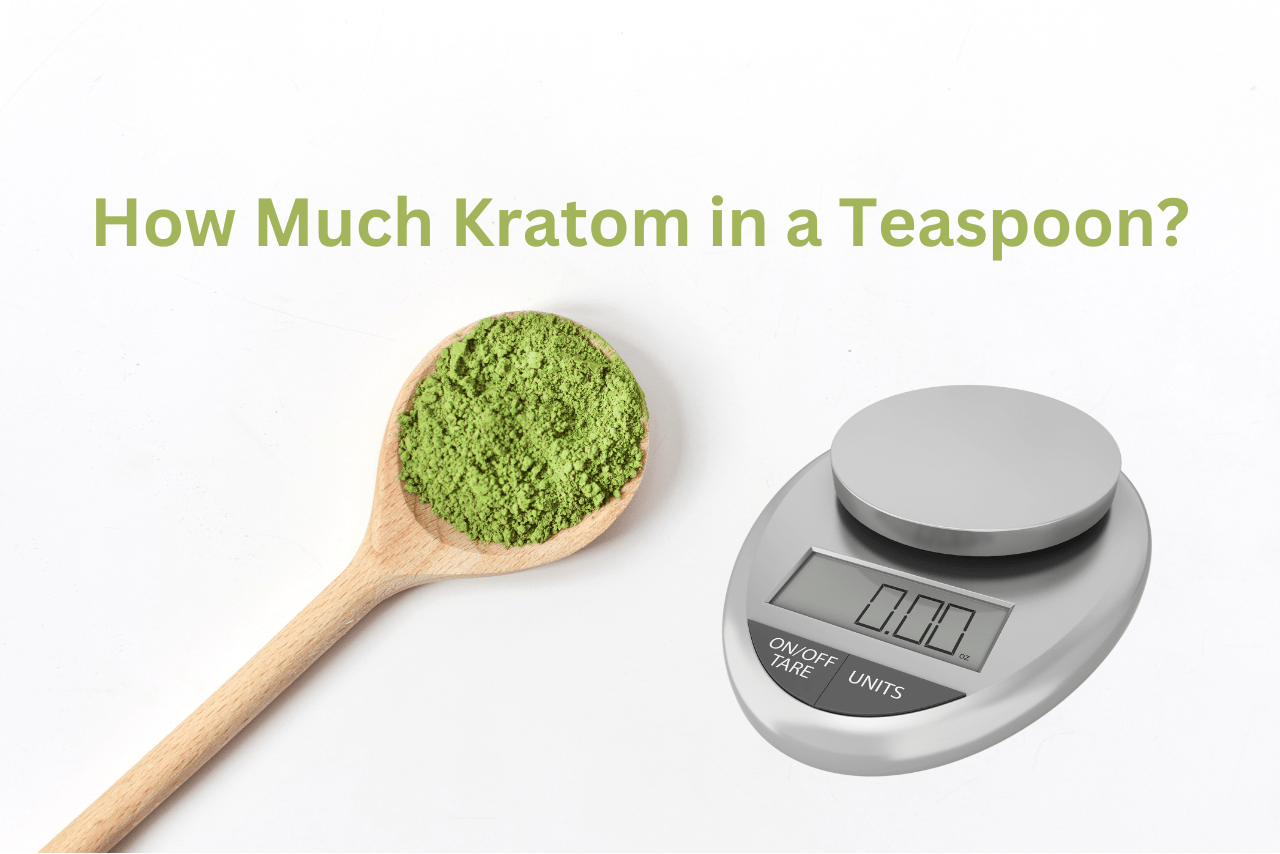Contents
Does Kratom Affect Kidneys? Discover the Risks and Facts You Need to Know
- Written by Sagar
- Updated on April 23, 2025
- Published on
- Kratom Legal Status
TL;DR
If you’re curious about kratom and its effects on kidney health, it’s essential to stay informed. This article delves into the risks associated with kratom use, highlighting how its alkaloids, like mitragynine, may impact kidney function. Recent studies raise concerns about dehydration and long-term use increasing the risk of kidney damage. To protect your kidneys, prioritize hydration, use kratom in moderation, and consult a healthcare professional for personalized advice.
Table of Contents:
- Kratom and Kidney Function
- How Kratom Damages Kidneys
- Research on Kratom-Induced Kidney Damage
- Mitigation and Recommendations
- Conclusion
- FAQ
If you’re thinking of trying kratom or already using it, you need to know about its kidney effects. Many people use kratom for its benefits but there’s a growing concern about its kidney health impact. Can kratom damage your kidneys? The question has sparked debate and important considerations for users.
In this article we’ll explore kratom and kidney function to give you the facts. By looking at the latest research and expert opinions you’ll get a better understanding of the risks of kratom. Whether you’re a long time kratom user or just curious about its effects, you need to know how kratom affects your kidneys to make informed decisions about your health.
Kratom and Kidney Function
To know how kratom affects your kidney function you need to know how this herb affects your renal health. Recent studies have raised concerns about the risks of kratom and its impact on kidney function. By looking at the data and expert insights you’ll get a better understanding of how kratom affects your kidneys.
How Kratom Damages Kidneys
When looking at kratom and kidney health you need to consider kratom alkaloids and risk factors for kidney damage.
Kratom Alkaloids and Kidney Health
Kratom has alkaloids like mitragynine and 7-hydroxymitragynine which affect the body in many ways including kidney function. These alkaloids interact with renal pathways and can change kidney physiology. Research is ongoing but the effect of kratom alkaloids on renal health is an important consideration in understanding how kratom damages kidneys.
Risk Factors for Kratom-Induced Kidney Damage
Several risk factors can cause kidney damage in kratom users. Dehydration, a common side effect of kratom, can put pressure on the kidneys as they filter toxins from the body. Long term and excessive kratom use can increase the risk of kidney damage due to the cumulative effect of alkaloids on kidney function. Monitor your hydration and use kratom in moderation to mitigate the risks of kratom-induced kidney damage.
Research on Kratom-Induced Kidney Damage
Understanding kratom and kidney health is key to the risks involved. Recent studies have looked into the effects of kratom on kidney function and raised concerns about the adverse effects.
Knowing how kratom alkaloids like mitragynine and 7-hydroxymitragynine interact with renal pathways is important. These interactions can change kidney physiology and can lead to kidney damage over time.
Researchers have identified dehydration and long term and excessive kratom use as risk factors for kidney damage. These can put pressure on the kidneys and increase the risk of renal complications from kratom use.
Monitor your hydration and use kratom in moderation to mitigate the risks of kidney damage. Stay hydrated and use kratom responsibly to reduce the negative impact on your kidneys.
Mitigation Strategies and Tips for Safe Kratom Use
- Stay Hydrated: When you use kratom make sure you’re well hydrated. Hydration helps maintain kidney function and reduces kidney damage from dehydration.
- Use in Moderation: Use kratom in moderation. Don’t overuse or overdo it as this can put pressure on your kidneys and can lead to complications in the long run.
- Monitor Your Hydration: Monitor your hydration. Make sure you drink enough water throughout the day especially when you use kratom to support your kidney health.
- Consult a Doctor: Before you start or continue using kratom consult a doctor. They can give you personalized advice based on your health status to use kratom safely.
- Rotate Strains: Try rotating different kratom strains to reduce the overexposure to specific alkaloids. This can spread the effects on your kidneys more evenly.
By following these mitigation strategies and tips you can use kratom safer and protect your kidney health. Remember to prioritize moderation and hydration to minimize the risks of kratom use.
Conclusion
Since there are risks of kidney damage from kratom, use it with care. Knowing how kratom alkaloids affect renal health is key to making informed decisions. Stay hydrated, use in moderation and monitor your kratom intake to protect your kidneys.
Consult a doctor for personalized advice on safe kratom use. Remember to prioritize hydration and responsible use to minimize the negative effects on your kidneys. Stay informed, stay cautious and prioritize your kidney health when you use kratom.
Frequently Asked Questions
What are the risks of kratom to kidney health?
Recent studies have raised concerns about kratom’s effect on kidney function. Kratom alkaloids like mitragynine and 7-hydroxymitragynine can interact with renal pathways and put pressure on the kidneys especially with dehydration and overuse.
How do I protect my kidneys when I use kratom?
Monitor your hydration and use kratom in moderation to protect your kidney health. Dehydration and overuse of kratom is a big risk to kidney function so use responsibly.
What are the key points to consider in safe kratom use?
Stay hydrated, use in moderation and rotate strains to reduce kidney damage risks. Consult a doctor before you use kratom for personalized advice on how to use it safely.




